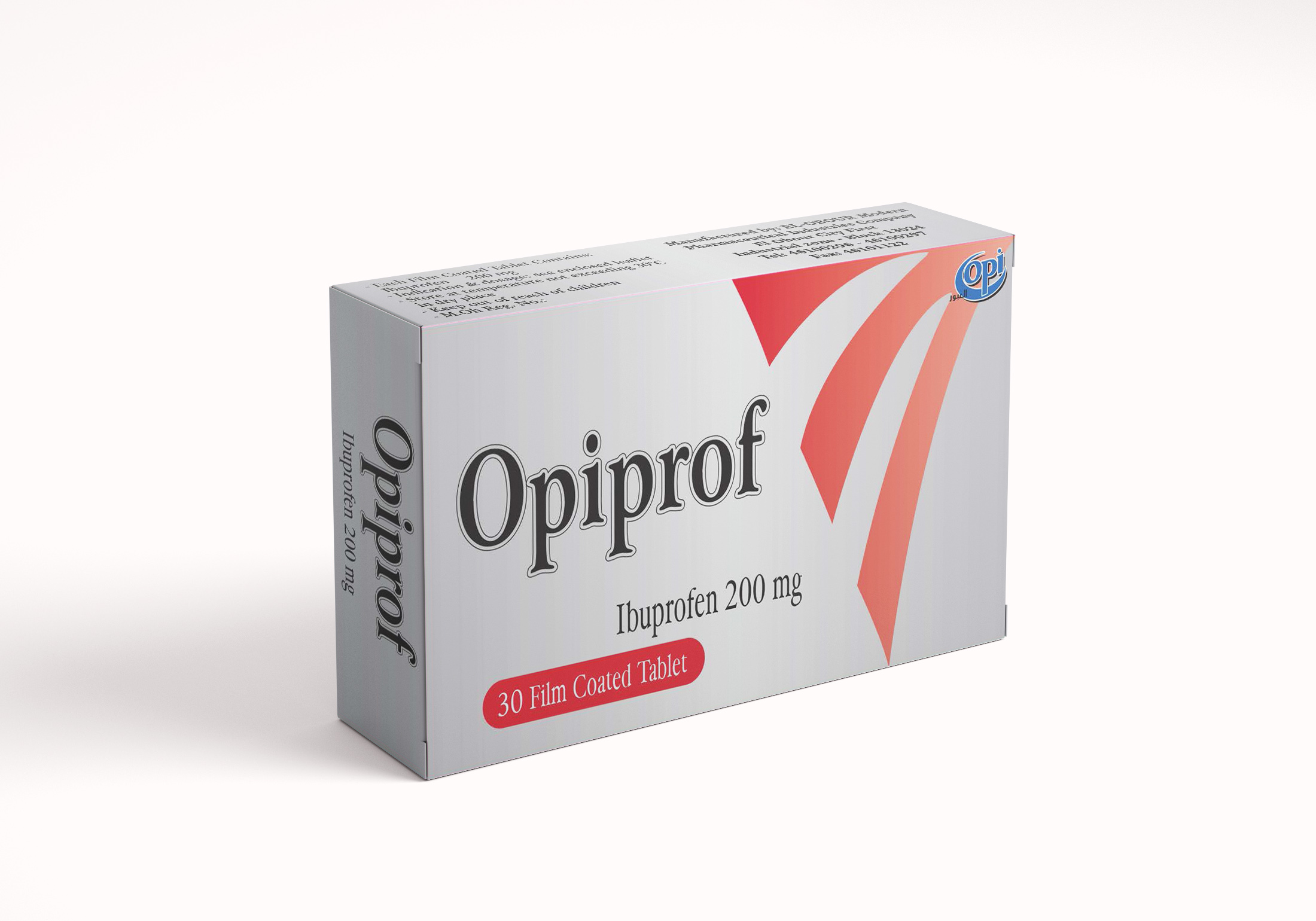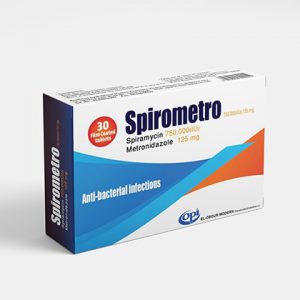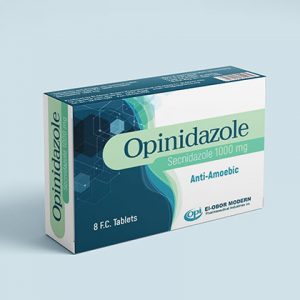Opiprof 200 mg
Composition ;
Each Film Coated Tablet contains:
Active ingredients:Ibuprofen 200 mg
Inactive ingredients: Microcrystalline cellulose,Lactose Monohydrate,
P.V.P K30,Sodium starch glycolate ,Magnesium Stearate,Hydroxypropylmethyl cellulose, Titanium dioxide,Talc, P.E.G 6000,Ponceu 4,Sunset yellow colour
Dosage form: Film Coated Tablet
CLINICAL PARTICULARS
1– Therapeutic indications
For the relief of mild to moderate pain including rheumatic and muscular pain, backache, neuralgia, migraine, headache, dental pain, dysmenorrhoea, feverishness and for the relief of the symptoms of cold and influenza.
2- Posology and method of administration
For oral administration and short-term use only.
Adults, the elderly and young persons over 12 years of age:
The minimum effective dose should be used for the shortest time necessary to relieve symptoms. If the product is required for more than 10 days or if the symptoms worsen, the patient should consult a doctor.
1 or 2 tablets to be taken up to three times a day, as required. The tablets should be taken with water.
Leave at least 4 hours between doses and do not take more than 1200mg (6 tablets) in any 24 hour period.
Not to be given to children under 12 years of age.






